Special amnesty a balanced act
Updated: 2015-08-25 08:10
(China Daily)
|
||||||||
Should special amnesty be granted to some convicts to mark the 70th anniversary of the victory of the Chinese People's War of Resistance Against Japanese Aggression (1937-45)?
The Constitution says special amnesty can be granted on the approval of the National People's Congress Standing Committee, which means if approved and then signed by the president, there is legal provision for such a humane gesture.
Given that only war criminals have been granted special amnesty since the founding of New China in 1949, the NPC Standing Committee will set a precedent if it approves granting special amnesty to the several thousands of criminals who would be eligible for such a pardon.
Those eligible for the amnesty include, for example, elderly convicts who fought against the Imperial Japanese Army, who could have the remainder of their sentence pardoned because they once fought for the country, and convicts 75 years old or above who are suffering from serious diseases and can hardly take care of themselves, according to the draft decision discussed by the committee on Monday.
Setting free such people who pose no threat to social stability or public security would be a humane gesture.
The draft decision, however, excludes corrupt elements, convicts who have committed violent crimes, or those who were involved in terrorism or crimes against national security, principal culprits in organized crimes or perpetual offenders from being eligible for the special pardon. The reason is simple: if released, such criminals could once again pose a threat to society.
Besides, the release of corrupt officials would send the wrong message to the officials who have not yet been caught despite being corrupt.
The special pardon, therefore, will be a balanced social act.
- Tsipras formally resigns, requesting snap general elections
- China-Russia drill not targeting 3rd party
- UK, France boost security
- China demands Japan face history after Abe's wife visits Yasukuni Shrine
- DPRK deploys more fire units to frontlines with ROK
- DPRK, ROK trade artillery, rocket fire at border
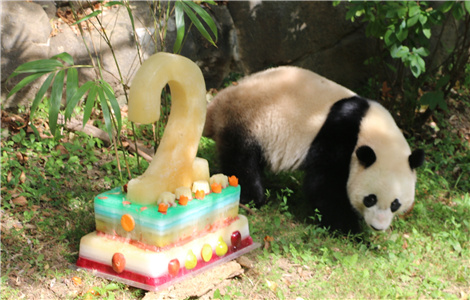
 Giant panda Bao Bao celebrates two-year birthday
Giant panda Bao Bao celebrates two-year birthday
 Across America over the week (Aug 14 - Aug 20)
Across America over the week (Aug 14 - Aug 20)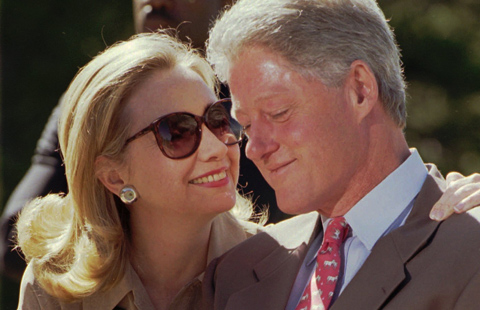
 Stars in their eyes: leaders in love
Stars in their eyes: leaders in love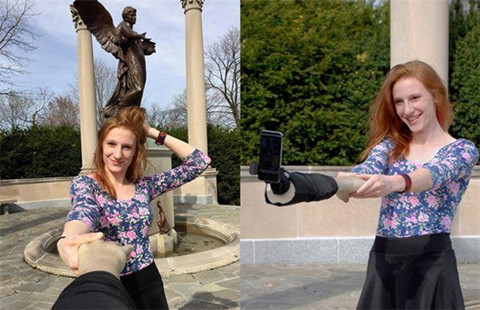
 A survival guide for singles on Chinese Valentine’s Day
A survival guide for singles on Chinese Valentine’s Day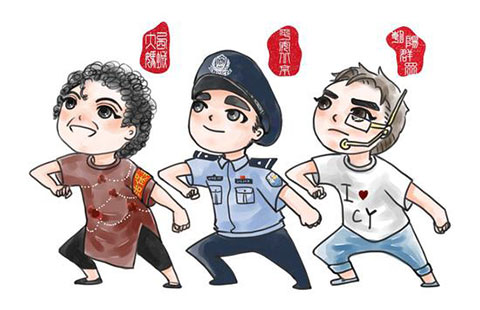
 Beijing police publishes cartoon images of residents who tip off police
Beijing police publishes cartoon images of residents who tip off police
 Rare brown panda grows up in NW China
Rare brown panda grows up in NW China
 Putin rides to bottom of Black Sea
Putin rides to bottom of Black Sea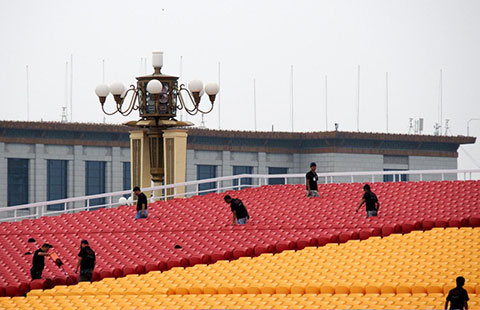
 The changing looks of Beijing before V Day parade
The changing looks of Beijing before V Day parade
Most Viewed
Editor's Picks

|

|

|

|

|

|
Today's Top News
China equities collapse sparks global markets sell-off
Targets set for regional integration
China advocates practical cooperation between LatAm, East Asia
Giant panda gives birth at Washington's National Zoo
Emissions data won't change China policy
Preparations shutter Forbidden City, other major tourist spots
President Xi Jinping calls for crews not to ease up
Chemical plants to be relocated in blast zone
US Weekly

|

|






